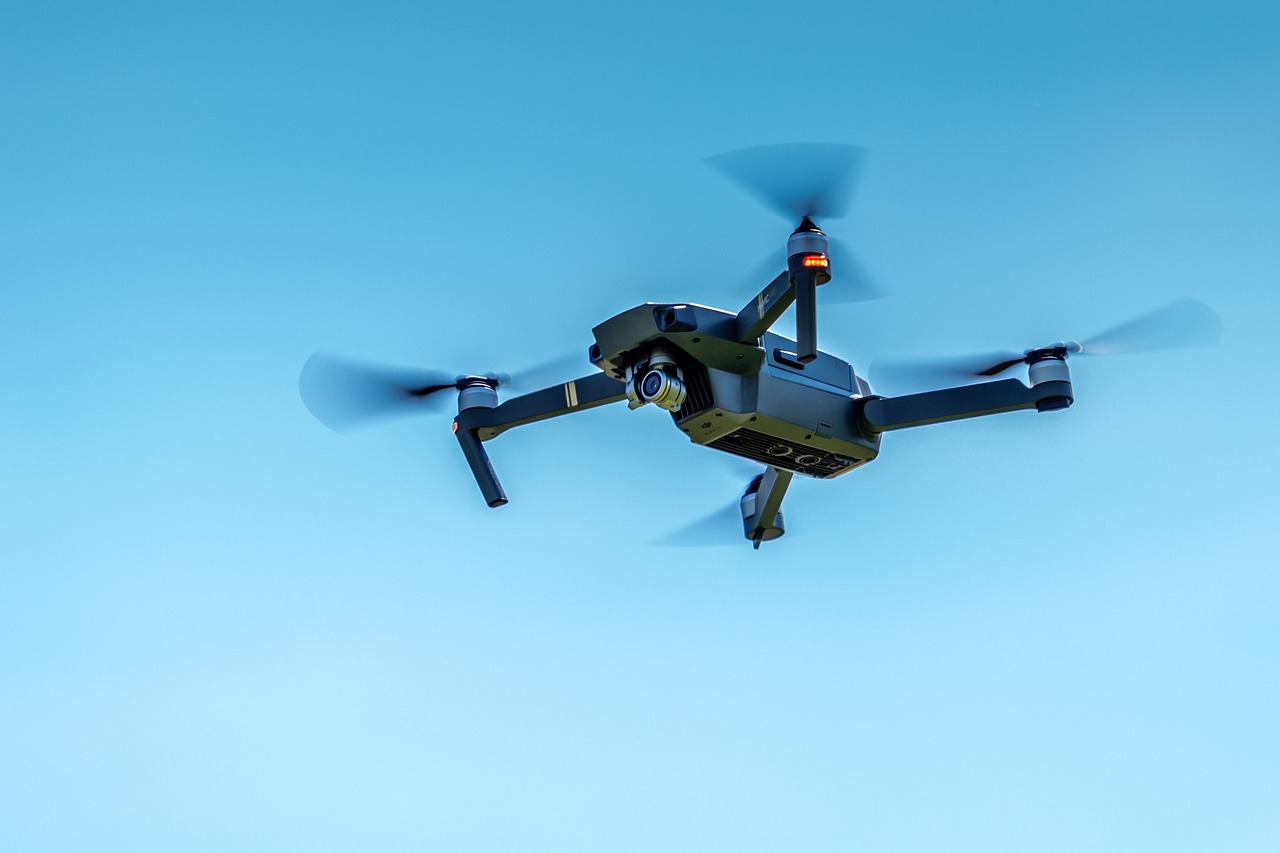This post is also available in:
 עברית (Hebrew)
עברית (Hebrew)
5G-enabled applications carry the potential of enhancing operational effectiveness, as a self-moving shuttle project is going to prove. Autonomous shuttle use will be tested at the Marine Corps Air Station, or MCAS, Miramar’s 5G Living Lab in San Diego. The project is a collaboration between driverless technology provider Robotic Research and Verizon Public Sector.
The experiment is designed to transport people and packages around the military installation.
The project to deploy Verizon’s 5G Ultra Wideband on a military base for the first time was unveiled a year ago. Working with a range of strategic partners, Verizon and MCAS started to demonstrate 5G-enabled innovations across artificial intelligence, self-driving vehicles and drones in real-world scenarios at the living lab.
Through this fresh pilot, Robotic Research’s AutoDrive autonomy kit provides the self-driving capabilities of Local Motors’ autonomous shuttle, Olli, rolling through the military installation. Verizon’s 5G will transmit the heaps of system and sensor data collected by the shuttle back to a storage service, which is also provided by Robotic Research.
Benefits expected include next-generation wireless capabilities that can bring to public safety, commerce and energy management.
The initial partnership led to additional collaboration focused on the use of autonomous technology on both the battlefield and installations. Current efforts include the unmanned logistics systems prototype being developed as well as the trial of low-speed autonomous shuttles doing package delivery on base.
Generally, autonomous shuttles currently operate with an onboard safety operator. But one element the partners mentioned exploring in this project includes approaches where one person monitors a single fleet remotely, from a centralized location, according to nextgov.com.


























